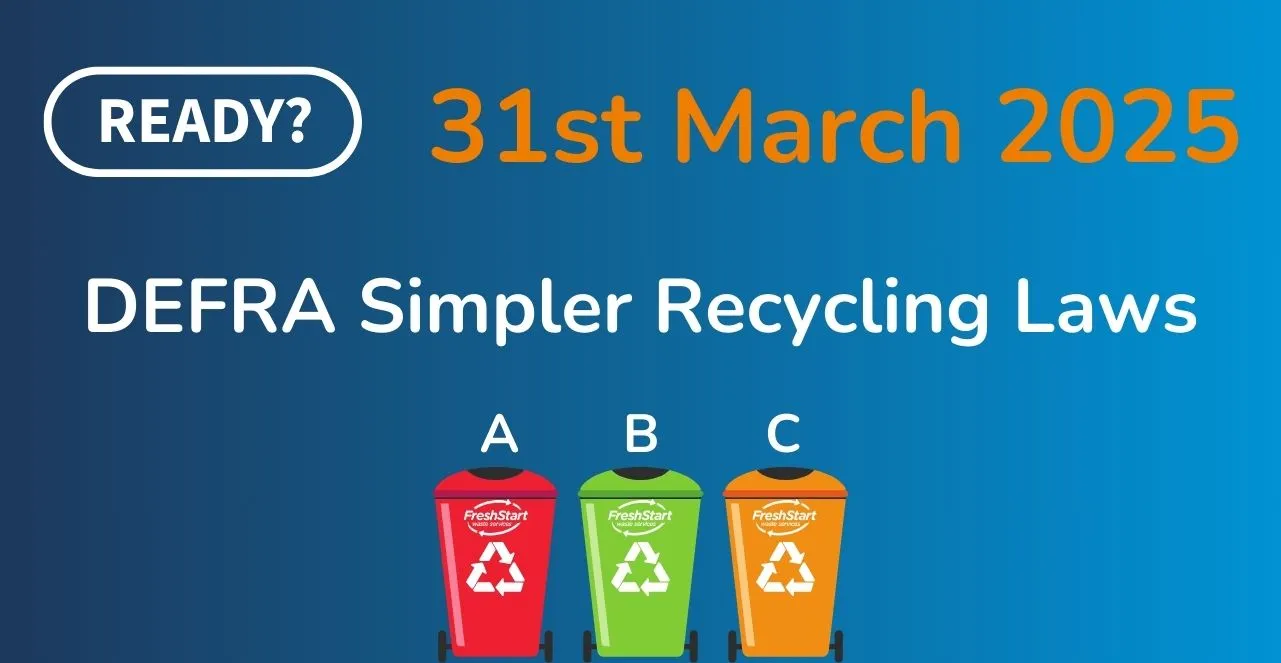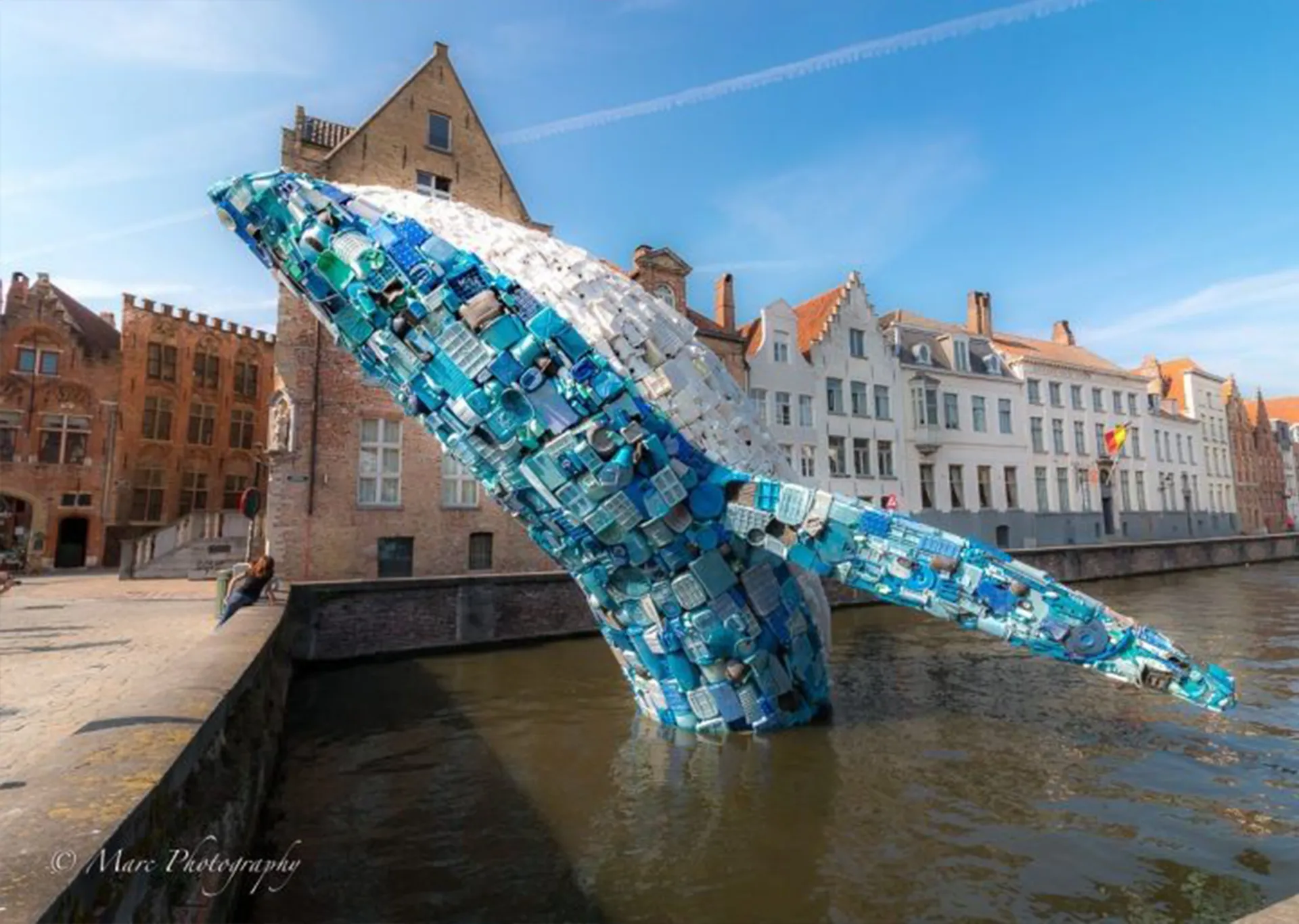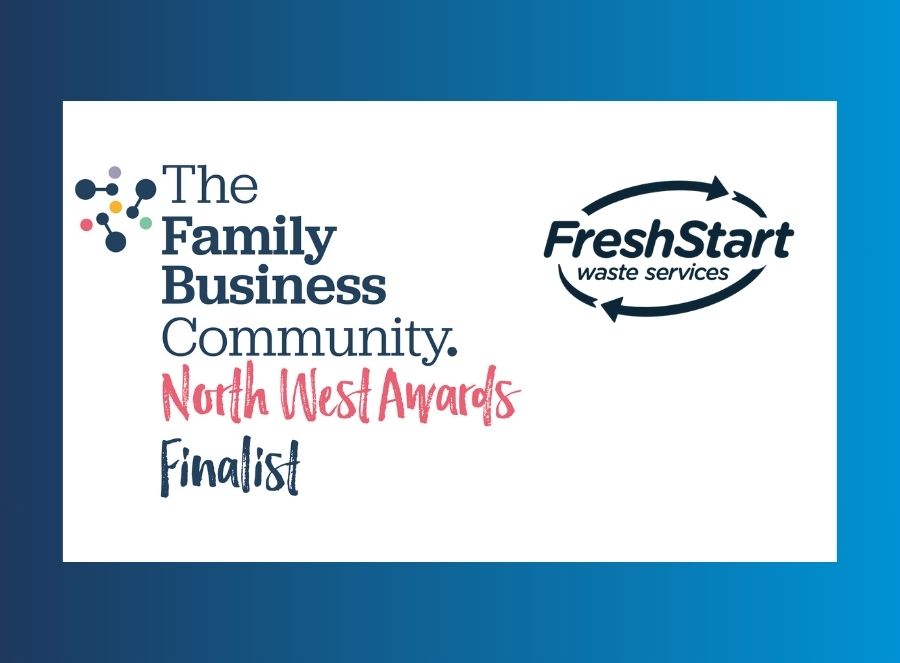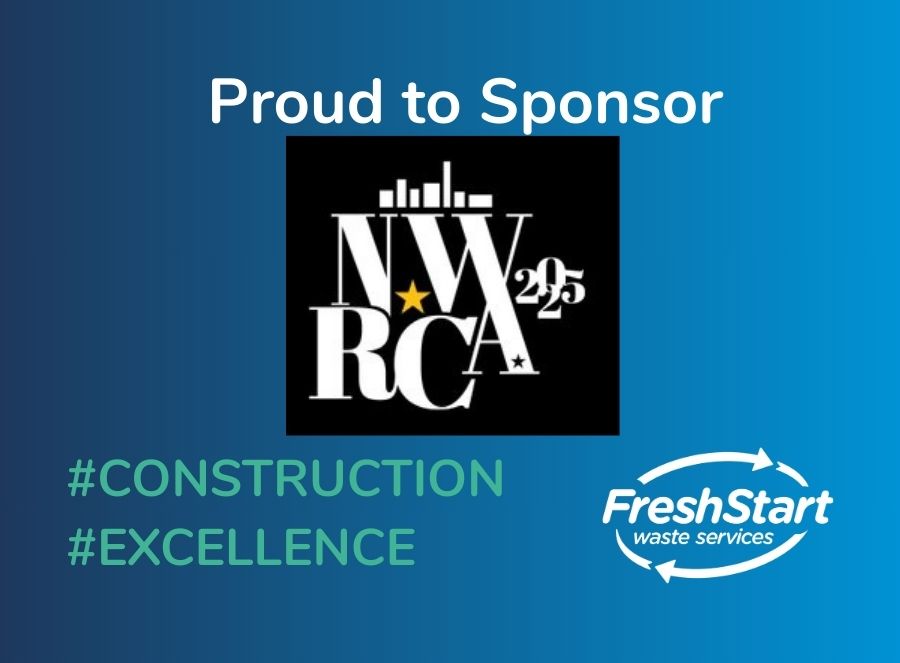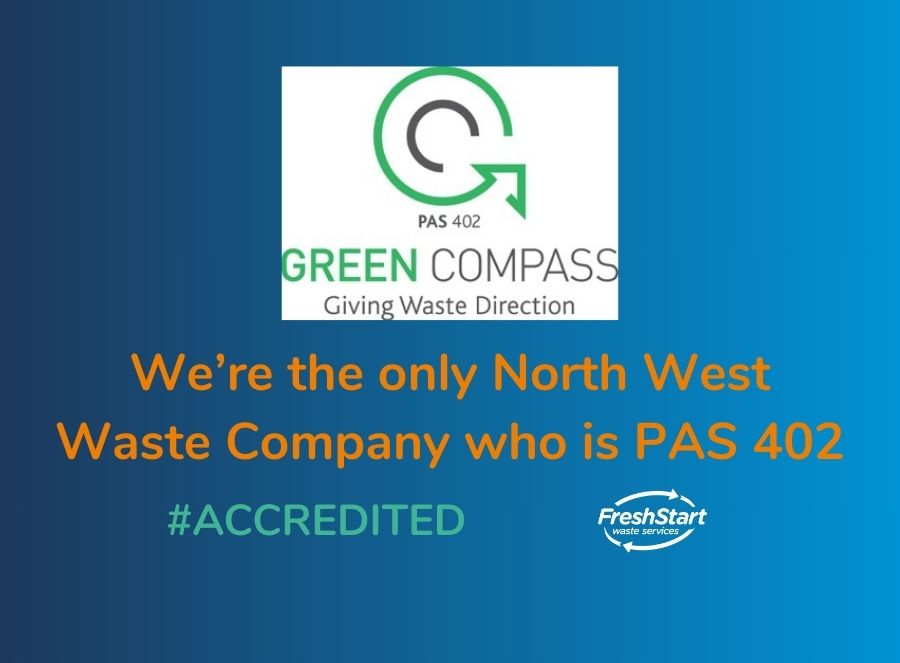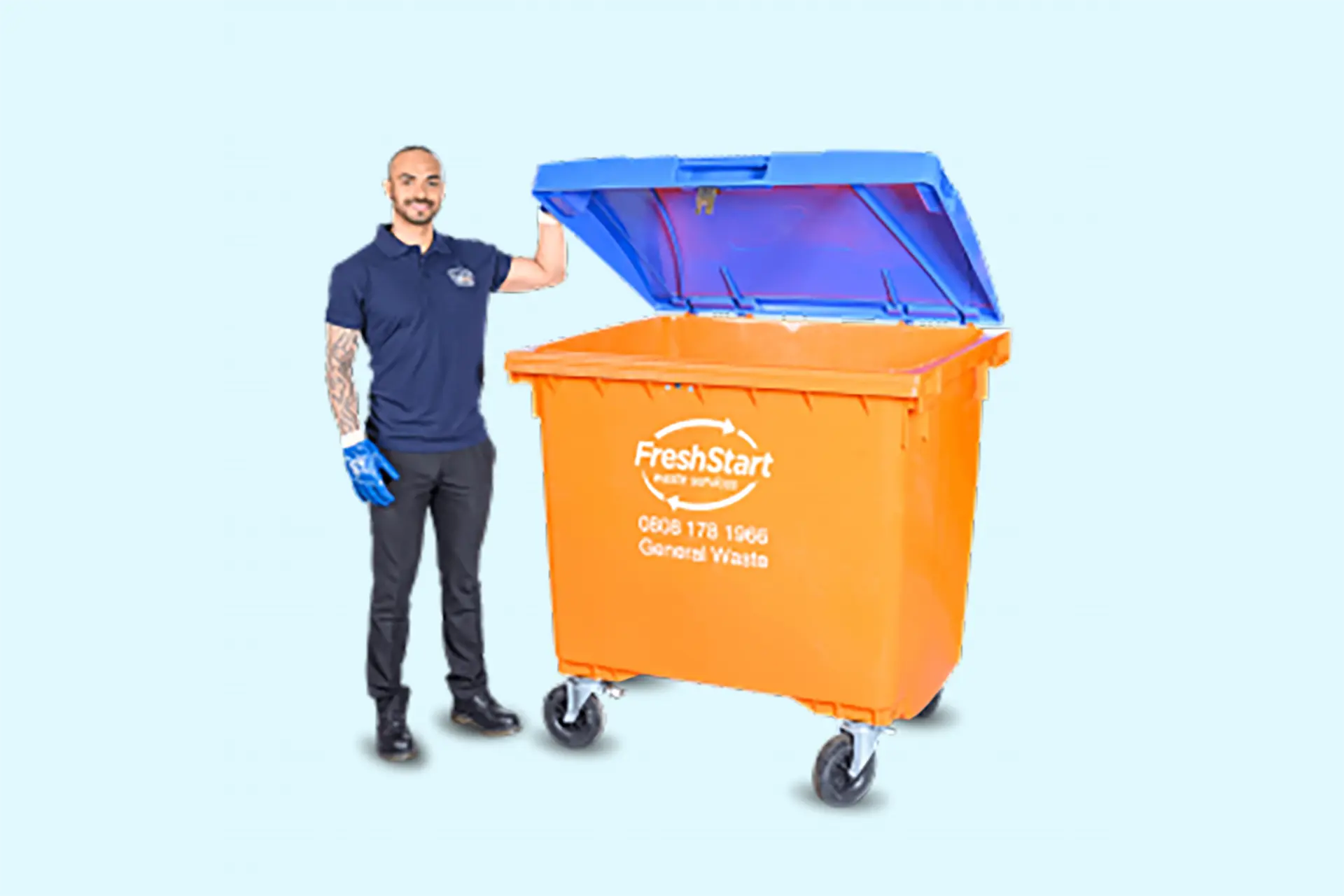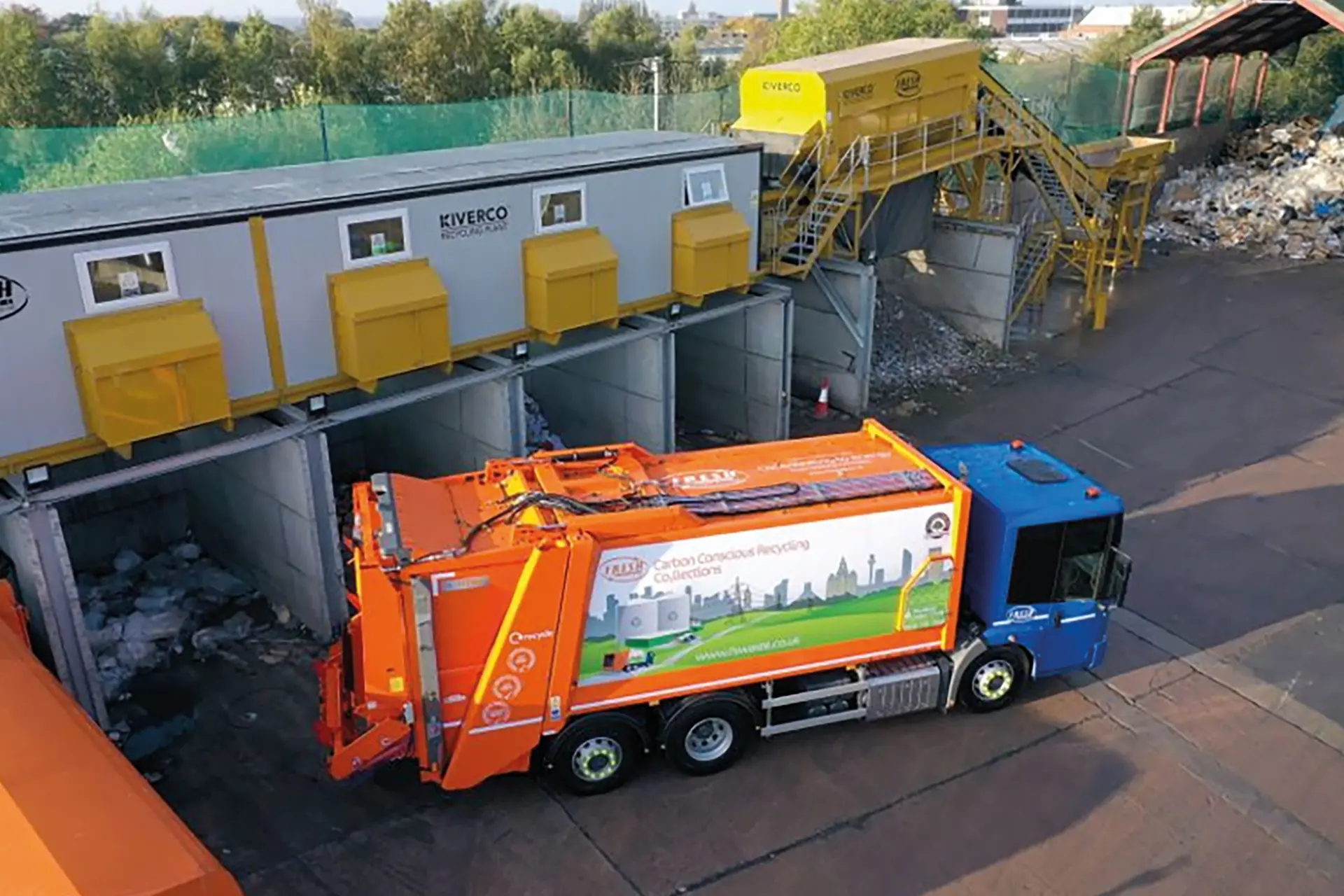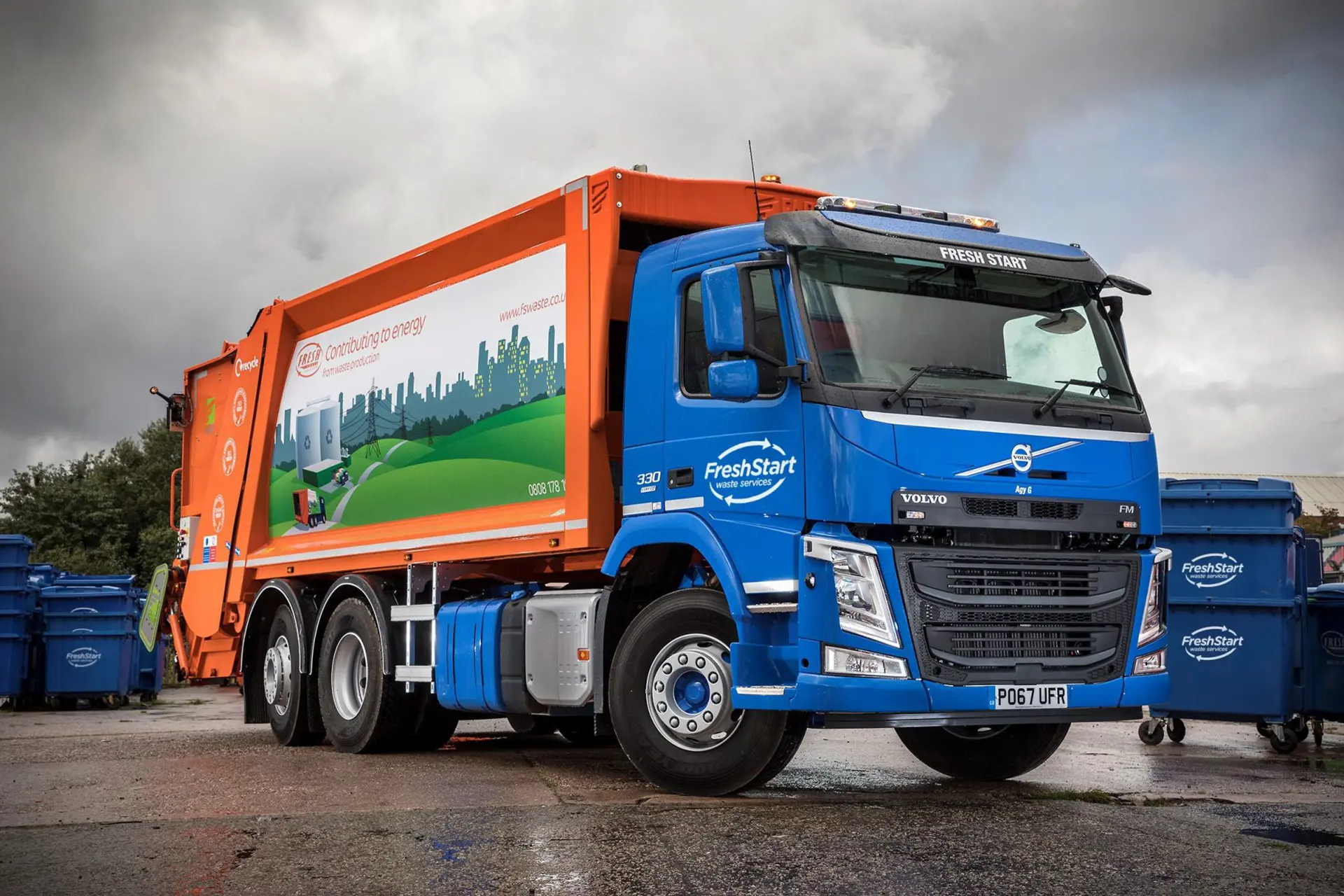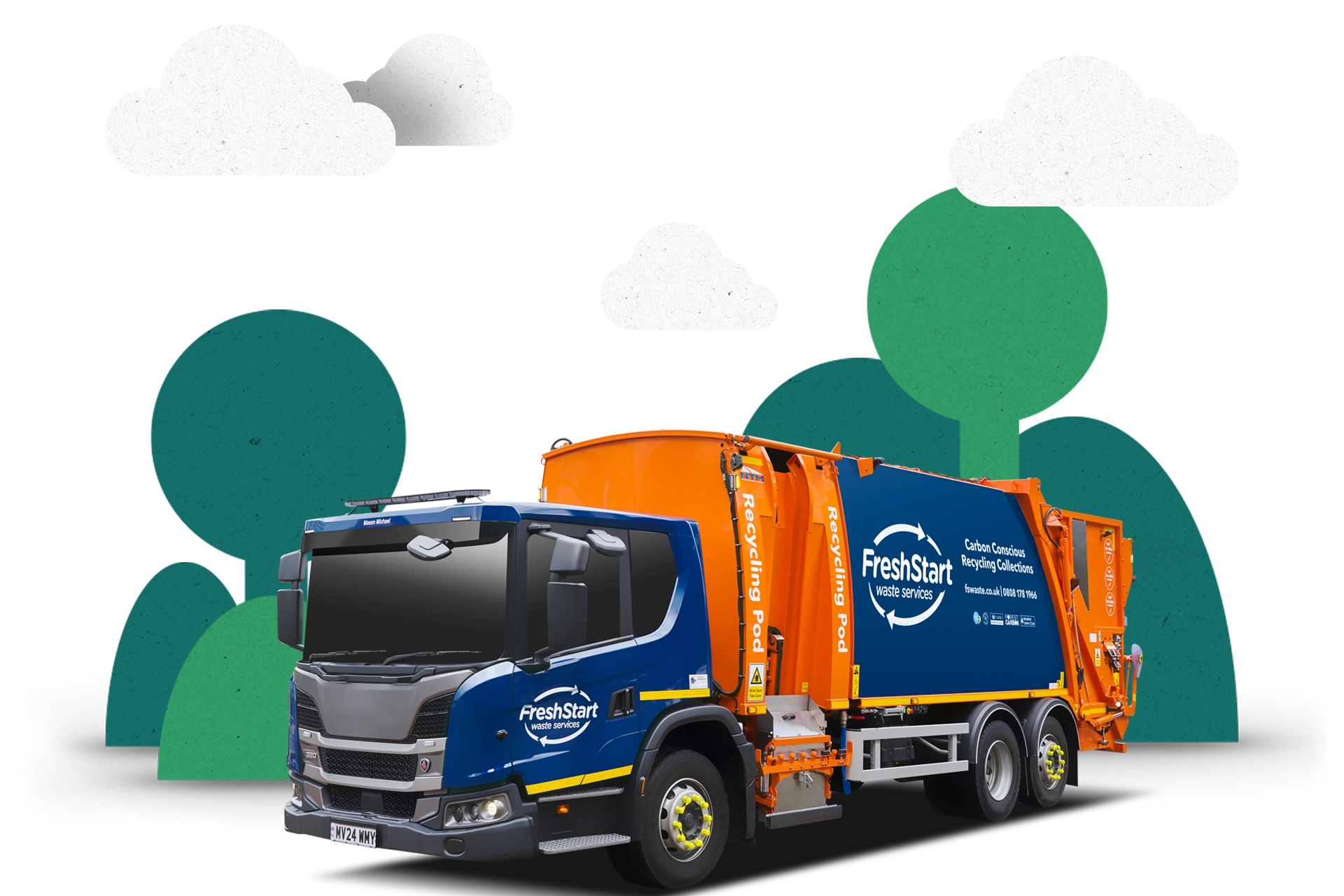Plastic Free July has been a fantastic catalyst for inspiring businesses to join the global movement to reduce single-use plastic.
As the month draws to a close, Fresh Start is here to help your business maintain those good habits, as well as to feel more confident about knowing which types of plastic can be recycled.
Use your purchasing power to reduce plastic waste
How much and what kind of waste does your business generate? Investigating the contents of your bins can give you a great insight into which types of single-use plastics you use most frequently. Common examples include eating utensils, plastic bottles, straws and bags, or disposable cups – all of which can be replaced with greener alternatives.
Once you have completed your bin audit, gather your procurement team together – involving your Sustainability Officer if you have one – to explore the following questions recommended by The Plastic Free Foundation:
- Do we really need to procure this single-use plastic item?
- Can it be procured without single-use plastic packaging?
- Can the same item be made from recycled content – thus closing the loop?
- Can packaging be reduced by buying in bulk?
Remember – for every bin full of waste produced, 70 full bins are generated upstream in making it. That’s why the simple decision to switch to loose leaf tea and a coffee plunger in your company kitchen or to request that suppliers pack without plastic, could have a profound effect on the environment.
What kinds of plastic can be recycled?
Looking for new ways to reduce single-use plastic is best practice for every business, but naturally you will still produce some plastic waste. Many kinds can be recycled but sadly for our planet, some types can’t. Black plastic, for example, nearly always ends up in landfill or incinerated because the carbon pigment prevents it from being sorted using Near Infra-Red technology.
Just as nutritional information labels are designed to help us make informed choices about what to eat, the recycling symbol contains important information that can help us make healthier choices for our planet.
There are seven different types of plastic packaging, and each one has its own number inside the recycling symbol and letters below to indicate how recyclable the material is.
Commonly recycled plastics include:
1 – PET such as fizzy drinks and water bottles, as well as salad trays.
2 – HDPE such as milk bottles and shampoo/cleaning product bottles.
5 – PP such as microwaveable meal trays and margarine tubs.
Plastics that are sometimes recycled include:
4 – LDPE such as carrier bags, bin liners and packaging films.
7 – OTHER such as biscuit wrappers and crisp packets.
Plastics that are almost never recycled include:
3 – PVC such as window and door frames.
6 – PS such as plastic cutlery, yoghurt pots and fast food boxes made of foam.
Mixing recyclable plastic with other kinds of general waste can result in it becoming contaminated. Likewise, dirty plastic that is contaminated with food could also end up in landfill.
As with all types of recycling, taking a moment to put it into the correct bin is a simple step towards helping your business be kinder to the environment.
For more ideas on how to engage your co-workers in reducing and recycling plastic, visit the Plastic Free July website.
See more about Fresh Start’s waste services including collection, waste management and recycling services. Alternatively, call us on 0808 178 1066 or email info@fswaste.co.uk.

